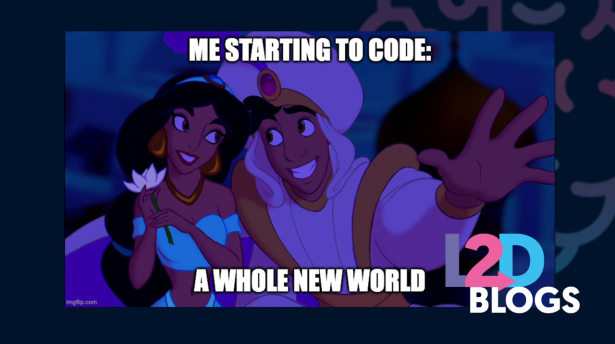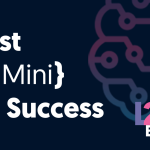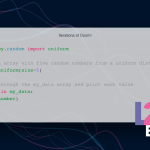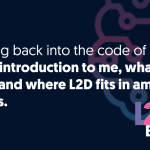Hi everyone! My name is Helena, and I am a first year iCASE PhD student, currently enrolled in the LIDo programme and L2D course. My PhD project is a collaboration between King’s College London and the Diamond Light Source, which is the UK’s synchrotron light source facility. The project will focus on understanding the effects of microplastics on mammalian cells, using Fourier transform infrared (FTIR) spectroscopy and microscopy, and I am really excited about starting!
Anyway, a little background information about myself: I attended the science branch of a German-French high school, struggled for multiple months in deciding what to study afterwards, and then enrolled in a German-French chemistry bachelors programme, in which I could combine my interest in science with my love for languages (at least, kind of). I considered switching to a more interdisciplinary Masters, but the COVID-19 pandemic hit, and sticking with chemistry seemed to be a more convenient choice. This ended up being the best possible decision, as I got to work on several diverse, fascinating and interdisciplinary projects in polymer chemistry, material science and analytical chemistry; while also working alongside some pretty amazing people!
So, why LIDo? Well, simply put, I really wanted to conduct an interdisciplinary (essentially the ‘I’ in LIDo) project for my PhD – which is exactly what I am doing now. My project sits at the interface of polymer science, toxicology, environmental science, pharmacy, cell biology, analytical chemistry and maybe even a little physics (I might be pushing my luck on that one). Additionally, I was really drawn to the project by the industrial collaboration, and I couldn’t give up the chance to work with a Synchrotron light source. And getting to live in London is definitely a pretty amazing bonus (which I can totally say after living here for slightly over a month)!
Having briefly described my background, I should probably talk about my programming experience, too. Well – as you probably expected – there isn’t much to talk about, as I have no experience. None. Not even a tiny bit. My scientific and academic life has been entirely lab-based, and my coding experience is limited to opening my .csv files in Excel and changing the decimal separator there (which I always have to look up, by the way)!
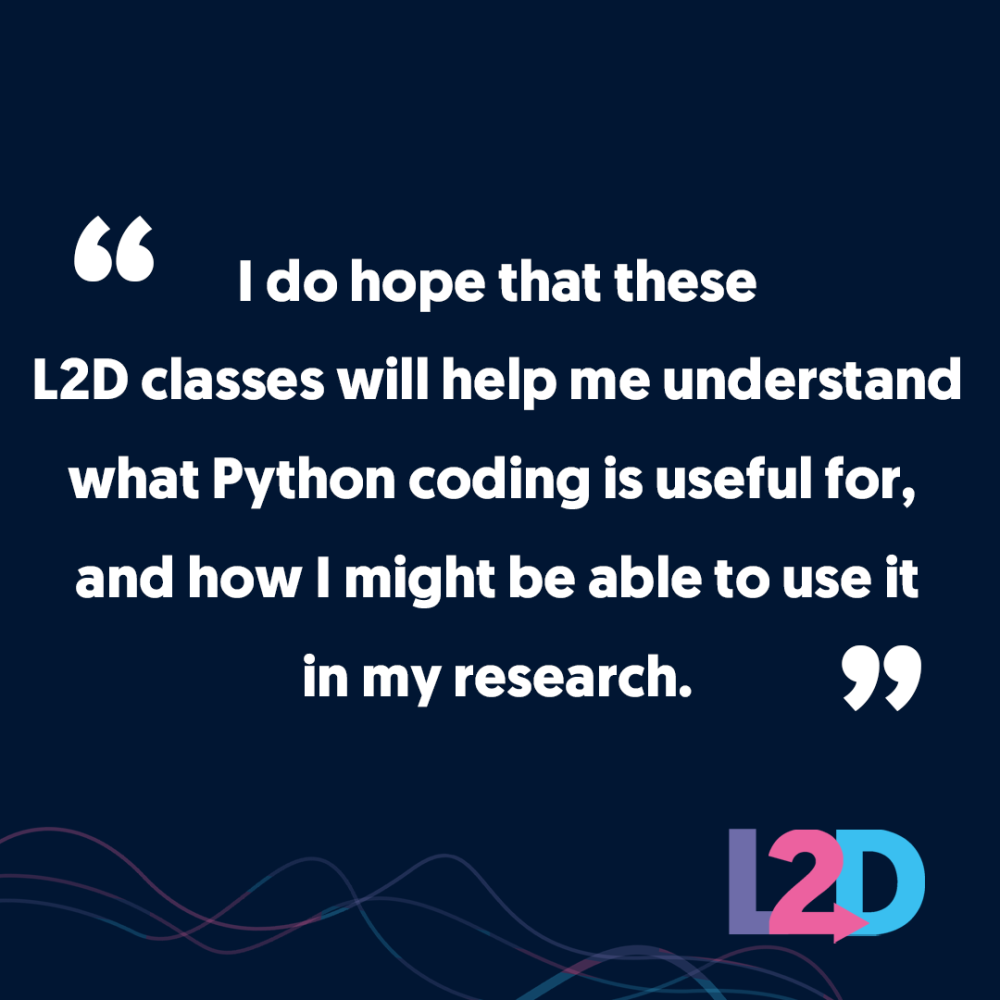
What does that mean for my expectations of the L2D course? Well, I certainly do not expect to be a master coder at the end of it. But I do hope that these L2D classes will help me understand what Python coding is useful for, and how I might be able to use it in my research. And I am quite curious to see how much (and how fast… or, rather, slow) a complete programming beginner can learn Python, using this course. Because, quite frankly, I am not even sure if the words coding and programming are interchangeable.
P.S.: OK, I just googled, and they are not interchangeable. Apparently, coding is part of programming? Maybe don’t trust me on that one… I’ll try and figure it out as I go along!
Written by Helena Friedrich, edited by the Learn To Discover Team.
